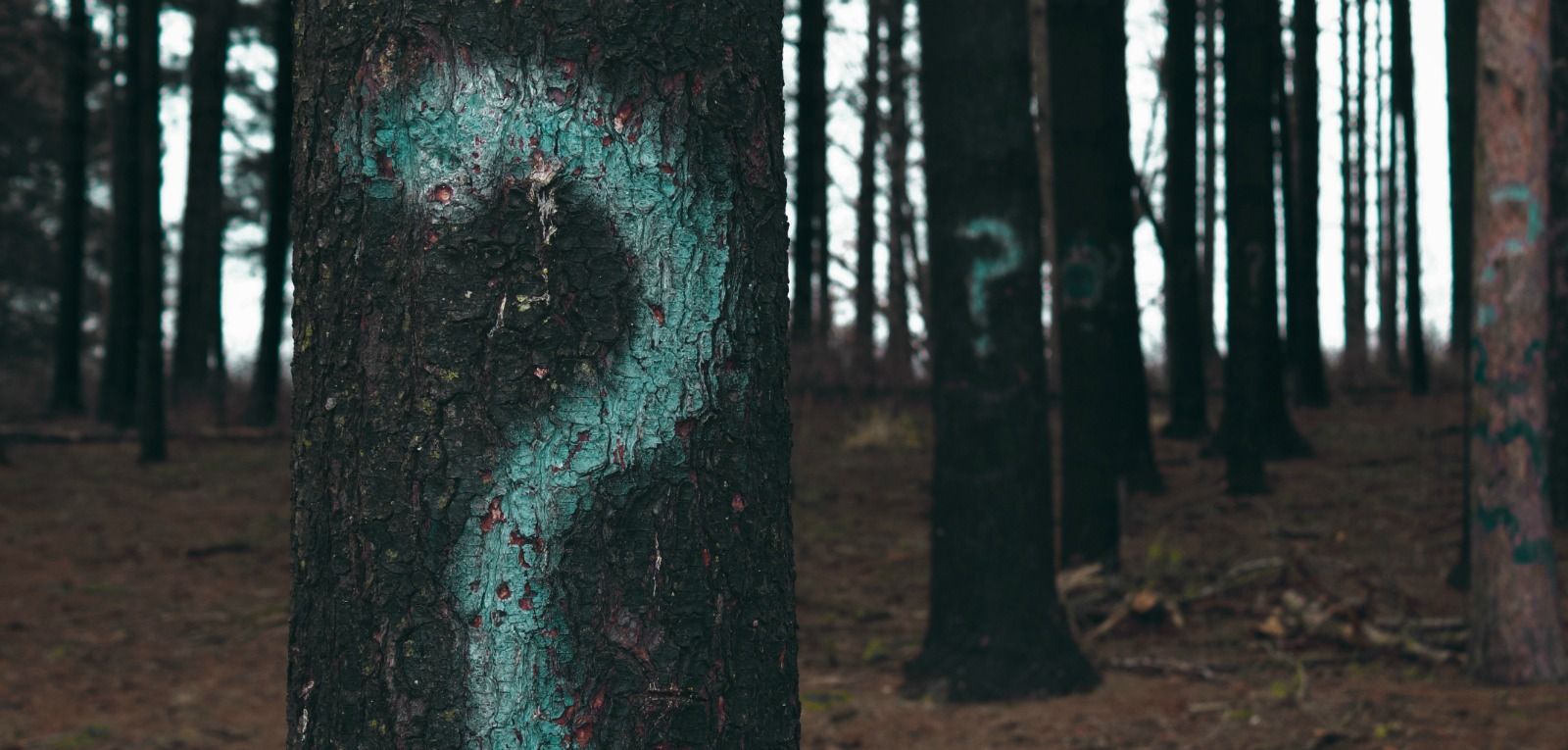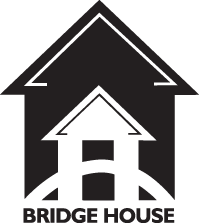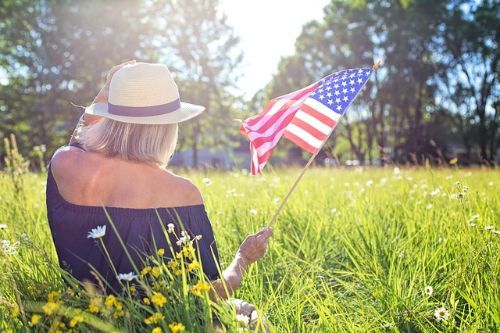Have you ever had a question and didn’t know where to find the answer? If so, you’ve come to the right place.
This section provides answers to the questions most commonly asked by members of our surrounding communities. Just start by clicking on one of the links below (with text in blue). If you can’t find the question you wanted to ask, don’t hesitate to contact us so we can answer it for you!
-
The Bridge House supports individuals and families at risk of losing their independent housing and provides shelter, advocacy, and services to those people who can no longer remain in their homes. For a list of specific programs and services we provide, visit our What We Do section.
-
We’re always on the lookout for individuals like you wanting to get involved. Visit our How To Help section to find out ways to donate or volunteer.
-
We have a responsibility to our community and our donors and work hard to ensure long-term sustainability of the organization. We make our IRS Form 990 available for review, as required by law. Visit our Financials page to learn more.
-
What is your organization's privacy policy?
Our organization takes our privacy policy seriously and takes steps to protect and ensure the safety of our supporters. We do not sell or otherwise disclose information about our volunteers or supporters outside of our immediate organization. This policy has no exceptions. We do not sell or exchange your information with any other organizations, public, private or nonprofit.
-
What’s the process for entering the shelter - can I just show up?
The preferred process:
The four BH tenants are safety, sobriety, self-sufficiency and community. Everyone arriving at the shelter will be engaged in a co-created, individualized Plan of Action - POA.Inquiries regarding admission and services must be made by the individual themselves. Diversion, or the initial intake meeting, will be spent identifying strategies, resources, and services in the caller's town of origin. Many folks resort to entering the shelter when they are facing dysfunction in their personal lives. Often, those issues can be addressed through advocacy so that non-shelter solutions can be instituted. However, when it is determined that entering the shelter is the only option, the Bridge House encourages people to call before arriving, as beds are not always available.
The individual must arrive sober. AA meetings are mandatory for any substance addictions and/or histories. The Bridge House serves individuals, families, and veterans and works with those trying to maintain recovery. Job searches are mandatory, as is volunteering while at the shelter. Unless there are extenuating circumstances, such as arriving with a newborn or being elderly, everyone must leave the shelter to attend to their Plans of Action from Monday through Friday, 10am to 2pm. All participants must meet at least weekly with their case advocate.
Smoking is not allowed in the shelter and is discouraged on the property.
All participant vehicles must be registered and insured.
Daily chores are assigned and a community dinner is served every evening between 5:30pm and 6pm.The Bridge House is in the process of developing a "screen time" protocol as nonstop media connectivity has become a disabling addiction. There is zero tolerance for violence. BH is an active, solution-focused program. The Bridge House staff engage participants in identifying and acquiring appropriate, healthy, permanent housing.
Due to the Veterans' Administration's commitment to end veterans' homelessness, multiple specialized services are available for this unique population.







